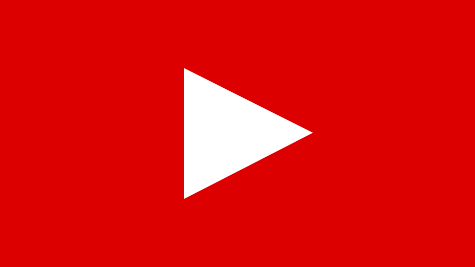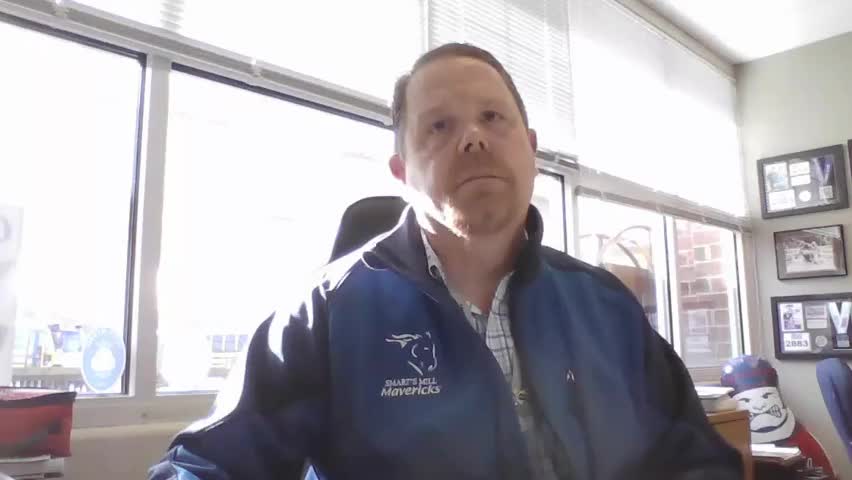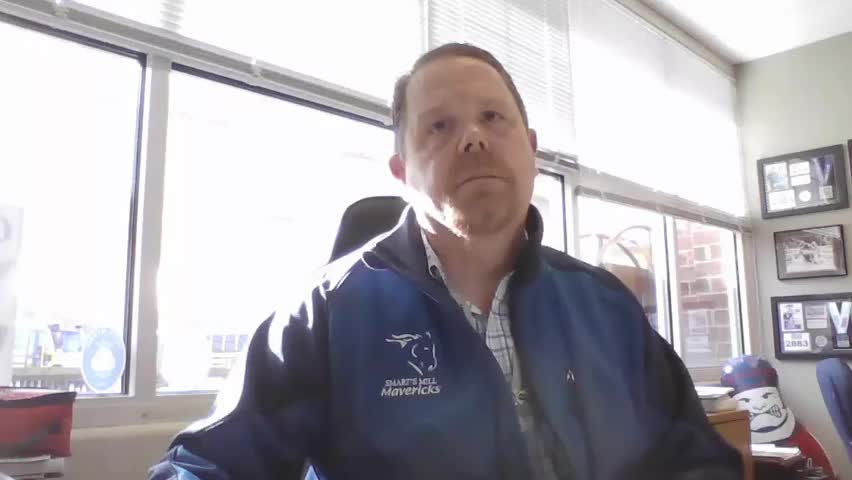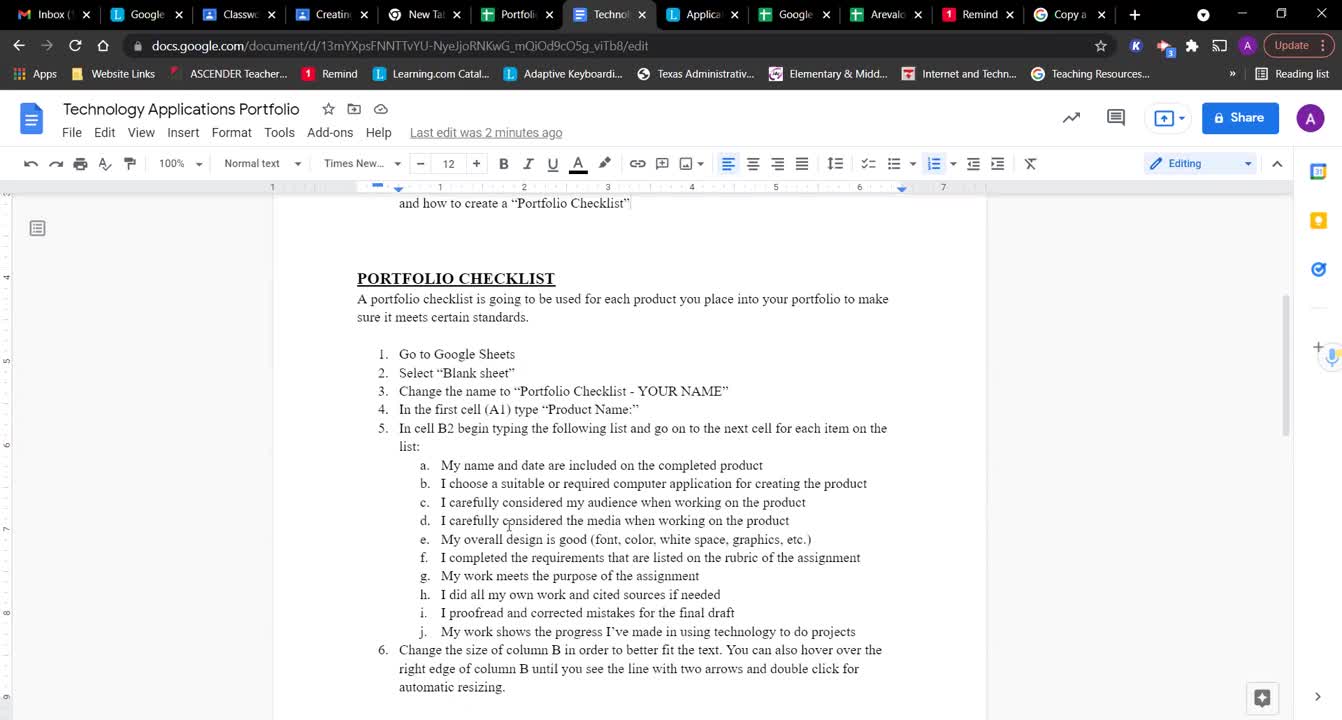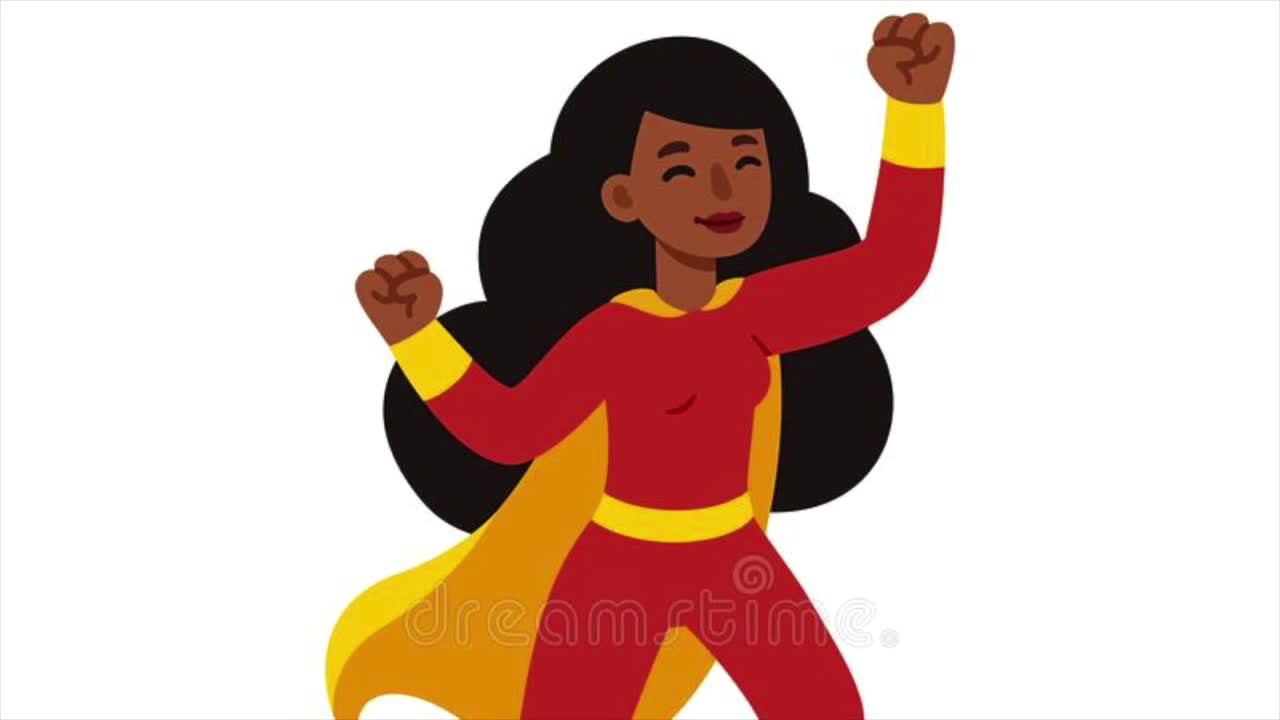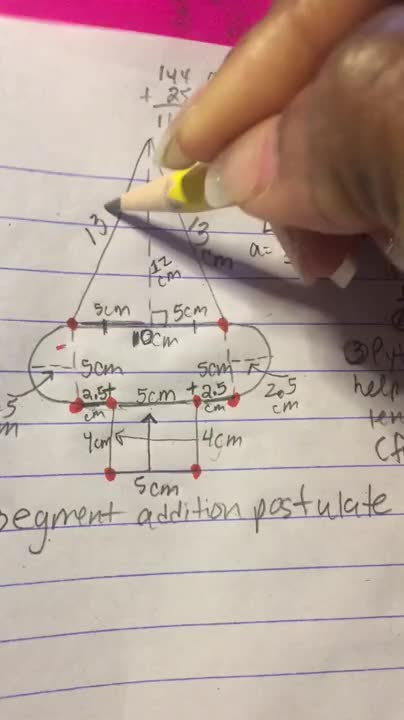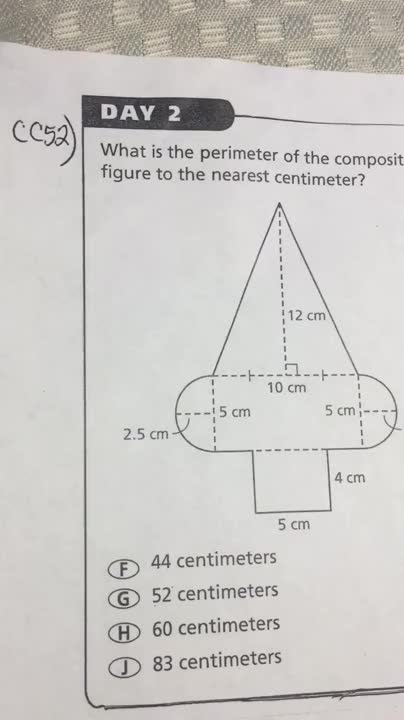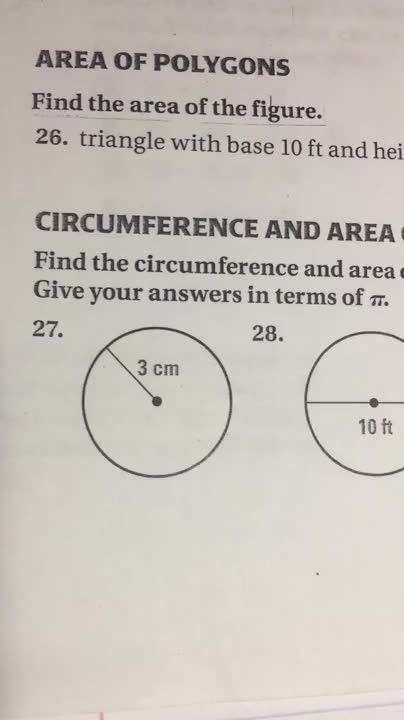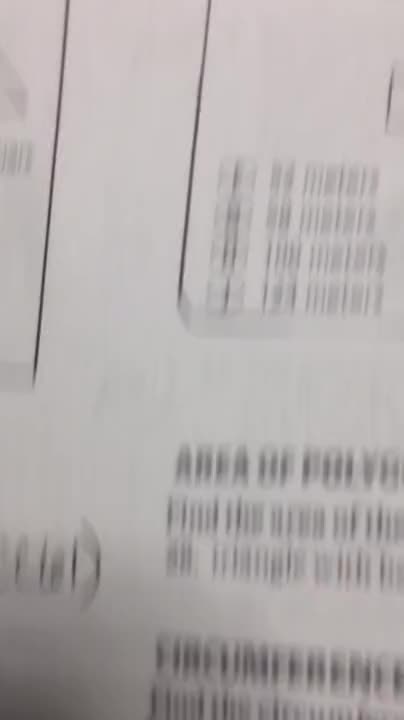This is a modal window.
PBL RESEARCH LESSON
Middle School
Good morning, everybody. It's mister waldman. I'm going to be doing a little presentation for you today. We're going to be talking about research and research with relation to what you'll be doing for your PBL within your connect class. We're going to talk about what good searches are, what bad searches are, some things that you can look for, we're going to do some different research. We're going to be doing some different searches using different search engines and ways that you can find good articles that are going to help support your research and drive your research. As opposed to getting lost in the shuffle of the Internet. So the first thing we're going to do is we're going to talk about research on the Internet. So here we go. What are examples of good and bad websites for research? In general, there are some good resources out there and there are academic journals and there's government websites and there's encyclopedias and there's newspapers and there are university websites. Now, how do you get to all of these sites? I'm going to show you a bunch of different ways that you can get to different information today. I'm going to show you some good websites, some good search engines, some way and what we're going to be doing is we're going to be writing down our search results using the document that is in the school a G page for PBL. And this is where I'm going to insert a picture of that. So these are some good resources, and we're going to show you how to get to these good resources using just regular Google, Google scholar, using Boolean searches, Library of Congress, the local library. There are lots of ways that we can get good research. But before we go to that, I wanted to tell you about some bad research. And this is where usually people's opinions come into play too much. Bad resources are things like personal blogs and forums like answers in you who and wiki websites like Wikipedia. Now why are blog spots not very good? Well, blog spots are usually not very good because you can't really vet the person who wrote in that blog. And a lot of times it's mainly opinion rather than fact. Now there are some blogs that are by scholars. So not all blog spots, blogs are bad. But in general, blogs are not the best way to go. And I'm going to show you how to get to some good sites. Forums, the reason forums are bad is the same reason why wiki Wikipedia is bad because people put their own versions into these forums and onto wiki pages. So you're not actually getting facts, you're getting opinions. And anytime we get opinions that's going to be troublesome. So now that we have a little better of an idea of what makes a good search and a bad search, looking at just the ends of a URL, what we're going to do is we're going to do some different types of searches to see how we can narrow the search topic and then we're going to look at some another search engine and we're going to look at some different sites where you'll be able to get some good research for your PBL research topic. So this document should be in your connect school G folder. Your teacher should have placed it there. Your teacher got this from the smart mill school page for smartsville teachers under the connect folder and underneath the PBL folder there. And it's called PBL research topic. So if it's not there, hopefully they can move that over there pretty quickly. We're going to say that for just the sake of example, my daughter just got a cat. She wants it to be an emotional support animal. And that she believes in good cat therapy. So let's say that we have our research topic as being good cat therapy. So good. Cat. Therapy. Right? Hopefully you've narrowed down your topic a little bit more than that, but I'm just using this as an example. And we're going to do good. Cat. Therapy. Google's got much better in their search engine than they used to be, but it's still not perfect. So we do good cat therapy. And it starts off with 187 million results. That's a lot of things to look through. Now, what I want you to do in your document is put down how many results, look at the top three, take a quick look at them. Are they reliable? And or are they relatable? So reliable is dot gov and dot EDU. Relatable means, is it something that you could use to support your claim, whatever your research topic is. So again, I've got a 187 million views. The first is 25 emotional support cap reads that double is therapists. It's from always pets dot com. Is it necessarily reliable? Maybe not, but could it be relatable? Sure. Take a look and go through there. And then what is a therapy cat and what do they do? And then we've got daily pause dot com. And then the 6 best cat reads for emotional support. So looking already, you've got 25 breeds here, 6 breeds here, tries to give you a definition. So maybe one of these or two of these might be relatable, but not necessarily reliable because they're from a dot com, which is means it's a business, so they're probably trying to sell you something. We can go down the list. Look, here's cat snap dot org. A dot org is usually a little bit better. But not perfect. And we can keep going on and we've got videos, and we've got pictures, and it's just a lot of information. So what I need you to do is in your group, you're going to put in your research topic. You're going to put how many results, talk about the top three. Are they reliable and relatable? Why or why not? And I'm going to give you 5 minutes to do this. Good luck. Okay, time's up. Time. To move on to Boolean searches. And I don't know if any of you have ever heard of a Boolean search, but a Boolean search is a way to narrow down the search topic that you've got. So when I looked at when I looked at good cat therapy, again, I got a 187 million results. And some of the sites were good, some of them not so good. This one, it was too much general information. Some of this was opinion on the second one, but it may be a really good thesis statement. And this one's maybe because it's hard to tell if this is based on research or opinion or are they trying to sell me something. So not a 100% certain, but sometimes you have to sort through the bad to get the good, unless you learn how to limit your search. So let's say I wanted to find out information about. Cat therapy. I could use what are called Boolean operators. All right? So Boolean operators are when you use the word and you could use a plus sign. You could use not. Or a minus sign. And then you could use or the word or and one of the best things that you can do is use quotation marks. So if you use and it will take the two words and combine them together. If you don't use the word and it gives you all the sites so good cat therapy, it gave me all the sites that said good. All the kites that said cat, all of the sites that said therapy. But if I said cat and therapy or cat plus therapy, even with that. Hold on, you need to make sure there's no space there. Cat plus therapy that takes me down to 2000 20 sites. Okay? So. That's and you could do the same thing here. Do cat and. Therapy. And it should give you roughly the same information, the same first article comes up, but using the plus sign is more specific. Okay? Now, let's say what I'm doing my research instead of just doing cat therapy, good cat therapy I want to find out about the laws about different about cat therapy and therapy cats. So I could just do. Therapy. When I put it in quotes, it's going to look for cat therapy. That phrase in every website. But then I want to find out about laws. So I want to look for cat therapy and instead of using laws you can use a more precise word legislation. And if I did that, then cat therapy plus legislation, all right? Cat laws and regulation, there's alley cat dot org. Orgs are usually pretty good. But here you go. Here's one, the a 116th Congress paused for veterans therapy act. If I was doing something on cat therapy, that might be something to add in because if the United States Congress is making a law that is something that could be very useful. Also, we have U.S. news. But this is about decline. Service animals dot org, ABC News, so there are some better searches, and we've narrowed it down to 76. So we went from what did I have before? A 187 million down to 76. So that's definitely something that could be. That's going to narrow down your search and make your search that much better. All right, so my bullying search. It went down to 76. Was it more precise? Was the quality of the articles better? So again, I'm going to give you about 5 minutes to do a search and one of the things I'm going to tell you to start doing now is that if you get to a good article or a good site, if it's something that you think could help you, for example, the legislation piece when I go down here and if I click on the legislation, all right? So here's the whole act. Start bookmarking things and you can add bookmarks by clicking over here. All right, so we're going to give you another 5 minutes. I'll try and find a dog countdown timer this time. And go and do some search, do a little bit of a Boolean search. And use the plus sign for and use quotes, and if you want to eliminate something, you can do the not or the minus sign. But that's a good way to get in some Boolean searches. But it's 76 and there's some things that are good in here, but we're not necessarily getting into scholarly articles, which is what I'm going to take you into next. So take 5 minutes, work with your group, fill in the sheet. Bookmark some things and I'll see you in about 5 minutes. Ding, ding, ding, ding, ding, ding, ding, time's up. So I'm hoping that by using your Boolean search that you were able to limit the amount of results just like I was, I went from what, 97 million to 76. Something like that. So how many results did you get for your Boolean search? Was the search more precise? My guess is that it was. And that the quality of the articles were probably better also. So one thing that I really want to impress upon you is being critical thinkers while you are searching for articles and information about your PBL topic. You're going to get a lot of topics by doing just a regular Google search, but there's going to be some good stuff in there. You have to read through it. You have to pick and choose. You have to really look at it with a critical lens to make sure you're not putting bad information in there. Using a Boolean search helps make it a little bit more precise and the articles are going to be better quality. But you still have to be critical in what you're doing. A way that you can hopefully get some searches that are even more precise and take a lot of the guesswork out of whether or not it's a reliable article is by using a couple of different tools that I'm going to show you right now. The first is going to a different kind of search engines. It's called Google scholar. I'm sure that some of you have heard about this before. You'll see that it says stay away from articles that ask you to pay. Let me explain that to you right now. So to get there, you can either click on the link that's on the on the worksheet or you can type in scholar dot Google dot com. When you go to scholar dot Google dot com, one of the things you'll immediately notice is there's no ads. So because there are no ads, some of these articles come from journals that people have to pay subscriptions for. So they're not just going to give them away. Not all of them, but some of them do. One of the good things about Google scholar, though, is it will lead you to other articles. So let me, for example, let me get away from cats really quick and from animal support animals. And let's go to. Go global warming. So one of the things that you should have noticed is that you get a lot more topics as they show up and they're more specific. When you just type in the global warming, it'll be greenhouse. Global warming climate hoax, all these different things causes an effects, whatever it may be, so it's going to help limit your search. Again, there are no ads here. All right? So this one is called global warming. It's report on progress in physics. You can get articles that are just from 2021. When you come here and you can, let's just click on this really quick. This is from a French, it looks like it's from a French journal. And so it's got the abstract. And for this one, you can read the full text. By going in to here, so this article is free to read, but you can't download it. So you can read the entire article, some of the articles you're going to have, they're going to ask you to pay for it. Because there are no ads, remember, but don't pay for it. One of the other good things that you can get by going through here is if you go down and you hit, excuse me, I click that too soon. Click the siding literature. You can go through here and it will give you articles that relate to that article. So you can go and click on this particular article, and it will take you to that article. So remember, research is about critical thinking and research is about being critical in the articles that you choose. And that research can take you from this point to the next point to the next point. And that's the beauty of it is it helps you to increase your learning about different things and your vision of your PBL may actually evolve as you're doing your research. That's okay. You're not your PBL researchers and set in stone. But anyway, Google scholar, great resource. Don't pay for anything. The second one that I wanted to tell you about is this one. It's the Smithsonian Institution. And the Smithsonian Institution, if you've ever been up to Washington, D.C., that whole thing where all the museums are is a big repository of knowledge. So the Smithsonian Institution has lots of different things in here. You can explore their collections, and if you go to the collections, you can go there, or you can go to, excuse me. Come on. Go to the Reese. Research resources there. Sometimes you got to click it a little bit a little bit longer. No, I don't want to give feedback right now. But you can go to the archives and when you go through there, you can go and do search, and you can do global warming again. And when you do this, it gives us 2119 results. There are 962 websites. There are images, so exhibitions, stories, videos. So you can come through and if you wanted to include some images when you're working on your presentation, you can click on the images and it will have different pictures that you may feel as if you wish to add into your presentation. So really good resource. Another really good resource also by the federal government, it's the LOC dot gov. That's the Library of Congress. The Library of Congress is, again, a huge library. The largest library in the world. And if we were going through and we were looking at global warming again, getting away from cats and dogs. Come in through here. And there are periodicals. There are books or web pages. There's legislation. There's video. There's newspapers. You can go to the newspaper articles. And but you can see that there's works of art and, you know, here's one from 1943 that if you wanted to look at the history of it, I'm not going to go into it. I don't know if that's even a good article, but that's, again, what research is for is to start to increase your knowledge on a subject by delving into all of the items that are available to you, and that's what we're trying to do here today is to get you started on finding those items. Last place I'm going to take you is not federal. It is local. This is our loudon county library. Now, in order to access a lot of the information here, you're going to have to get a library card. If you already have a library card, great. If you've already been on here, perfect. If you haven't, it's really easy to do. And when you go to some of the places, it'll prompt you to get a library card. And go from there. So locations, that's not what I've meant to click. Here we go. Online resources. So we're going to look at our online resources so that we can do some research. I'll go to a complete list. Again, you can go through here if you wanted to look for something with government. If you were doing something with ancestry, it's here. One of the things I wanted to show you was there is a research site called ebsco and ebsco is a database full of magazines and journals and books and articles and it's a great resource for you when you're doing research. And as you look, it says, global warming and climate change affects on the environment, different things like that. So let's say we wanted to just search that piece. And again, you're going to have, here's a newspaper. Here's a periodical. Here's an academic journal and you can pull all of these things out to increase your knowledge and increase the support that you're going to get for whatever your PBL topic may be. Okay? What I want you to do now is I want you to spend now until the end of extended connect and what you're going to be doing is you're going to be going to Google scholar and doing a search. Find a couple articles. If you find something you like bookmark it, go to go to the Smithsonian Institution. Look around, find somebody, find some good book market. Library of Congress, same thing, loud and library. Same thing. And I'd like you to put a couple of articles down here. Maybe a couple of notes about what you found in those articles. Remember to come up here and hit the blue star if you wanted to bookmark this. I can't impress upon you enough that the most important thing in doing research is to be a critical thinker. Take your time, read the articles. Do not cut and paste. That's called plagiarism. Read it, understand it, grab the information that you need and then make sure that you bookmark it or you write down somewhere where you got that information from. So you're able to cite that information. This is all part of good research. Make sure you certain you're getting stuff that is information that's going to support your topic, have fun with this. I gave you a lot of different things to look at. My hope is that you're going to find a lot of great information. You're going to work in your small groups. You're going to work as a connect class, you're going to gather your research and the next time we meet, we're going to start compiling that research. So happy hunting, I hope that you enjoyed this. I hope that you get some enlightenment as you work through it. And have a great Monday.

